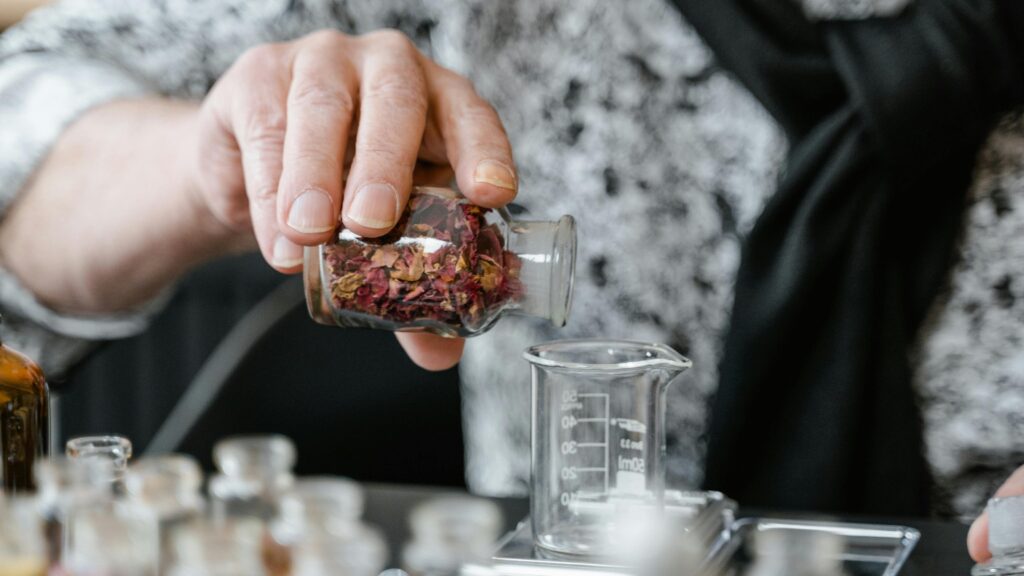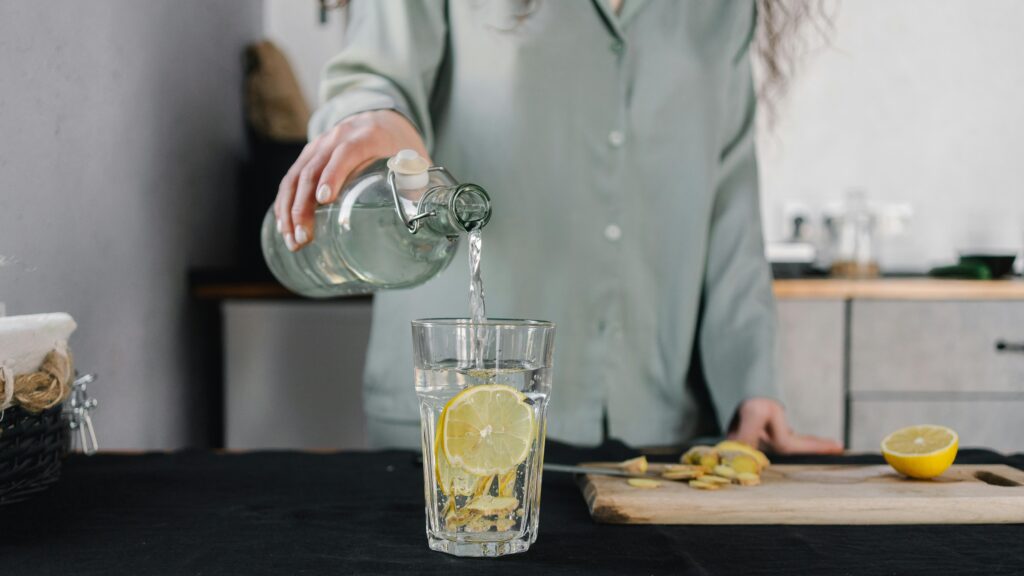15 Myths About Natural Healing That Even Holistic People Believe

Natural healing practices, ranging from herbs and homeopathy to meditation and energy work, have empowered countless people to take charge of their wellness journeys. Yet even within the holistic health community, certain beliefs can persist that are not entirely grounded in science, experience, or logic. These myths may limit healing, create false expectations, or cause unintentional harm.
Let’s shine a compassionate light on 15 common myths about natural healing that even the most wellness-savvy folks might believe.
1. “Natural” Means “Safe”
One of the most persistent myths is that if something is natural, it’s automatically safe. But arsenic, poison ivy, and hemlock are also natural. Herbal remedies, essential oils, and supplements can have potent effects, and potential side effects or interactions. Sometimes fatal! Respecting their power is key to using them safely.
2. You Don’t Need a Diagnosis to Heal Holistically
While holistic healing often looks beyond labels, knowing what you’re dealing with is crucial. A diagnosis helps guide appropriate treatment. Ignoring symptoms or avoiding tests in favor of “feeling into it” can delay essential interventions.
3. Detoxing Is a Constant Necessity
Our bodies detox every day, through the liver, kidneys, lungs, and skin. While detox support can be helpful in certain situations, the myth that we must always be “cleansing” is often more about marketing than medicine. Overdoing detoxes can stress your system, not help it.
4. More Is Always Better
With supplements, herbs, and even energy work, more is not always better. Mega-dosing can backfire, and overdoing modalities can overwhelm the body or create dependency. Holistic healing thrives on balance, not excess.

5. You Can Heal Everything with Positive Thinking
The mind-body connection is powerful, but it’s not a magic wand. Positive thinking supports healing, but it’s not a replacement for physical care, appropriate treatment, or lifestyle changes. Denying pain or symptoms can actually create emotional repression and more suffering.
6. All Illness Comes from Emotional Trauma
While emotions play a vital role in health, not all disease is rooted in trauma or mindset. Genetics, pathogens, environmental toxins, or random chance can also be contributors. Blaming illness on emotional wounds can lead to shame and self-blame, not healing.
7. Western Medicine Is Always the Enemy
It’s tempting to paint conventional medicine as the villain, but antibiotics, surgeries, and diagnostics save lives. Integrative healing honors both natural and conventional tools. The most empowered choice is knowing when to use each system.
8. If It Worked for Them, It Will Work for Me
Anecdotes are inspiring, but they’re not universal prescriptions. Everyone’s body, history, and needs are different. Just because an herb, protocol, or diet worked wonders for someone doesn’t mean it’s right for you.

9. Natural Healing Must Be Slow to Work
Holistic remedies are often subtle, but that doesn’t mean they must be slow. Some herbal or energetic approaches work rapidly, especially in acute cases. Don’t assume slow equals authentic. Speed does not equal superficiality.
10. You Can’t Use Natural and Conventional Treatments Together
Many people believe they must choose between natural or pharmaceutical options. But integrative care is the future. Holistic healing can beautifully complement medical treatments thereby reducing side effects, supporting recovery, and addressing root causes.
11. Intuition Is Always Accurate in Healing
Intuition is a valuable guide, but it can also be shaped by bias, trauma, or fear. It should be honored and balanced with knowledge, experience, and testing. Sometimes the wisest choice is counterintuitive.
12. You Should Never Feel Worse During Healing
Many people believe that if something makes you feel worse, it must be wrong. While worsening symptoms can signal a problem, they can also indicate detox, emotional release, or healing crises. Discernment is essential, especially to differentiate healing reactions from harm.
13. All Pharmaceuticals Are Toxic
Pharmaceuticals can be overprescribed and misused, but they are not inherently toxic. In many cases, they’re life-saving or temporarily necessary. It’s not holistic to reject medicine out of principle, it’s more holistic to use the best of both worlds when needed.

14. If You’re Still Sick, You’re Doing It Wrong
This myth blames the patient for the persistence of symptoms. Healing isn’t linear, and it’s not a performance. Even when doing everything “right,” some conditions persist. Shame, guilt, and self-judgment interfere with healing far more than imperfection does.
15. You Have to Be 100% Natural to Be Truly Holistic
Purity culture has invaded natural health: no processed food, no pharma, no tech. But real life is nuanced. Holistic means whole; embracing body, mind, environment, and circumstances. Rigidity can become another form of illness. Grace is the most healing ingredient of all.
In Conclusion
Natural healing offers deep empowerment, but it thrives on truth, balance, and self-awareness. Dispelling myths doesn’t weaken the holistic movement, it strengthens it. By releasing dogma and embracing both science and spirit, we open the door to even deeper, more authentic wellness.



